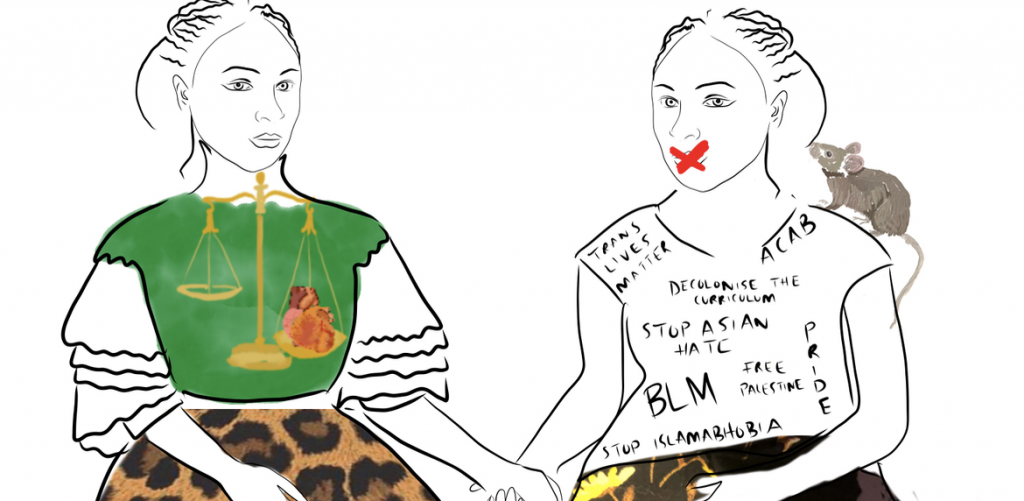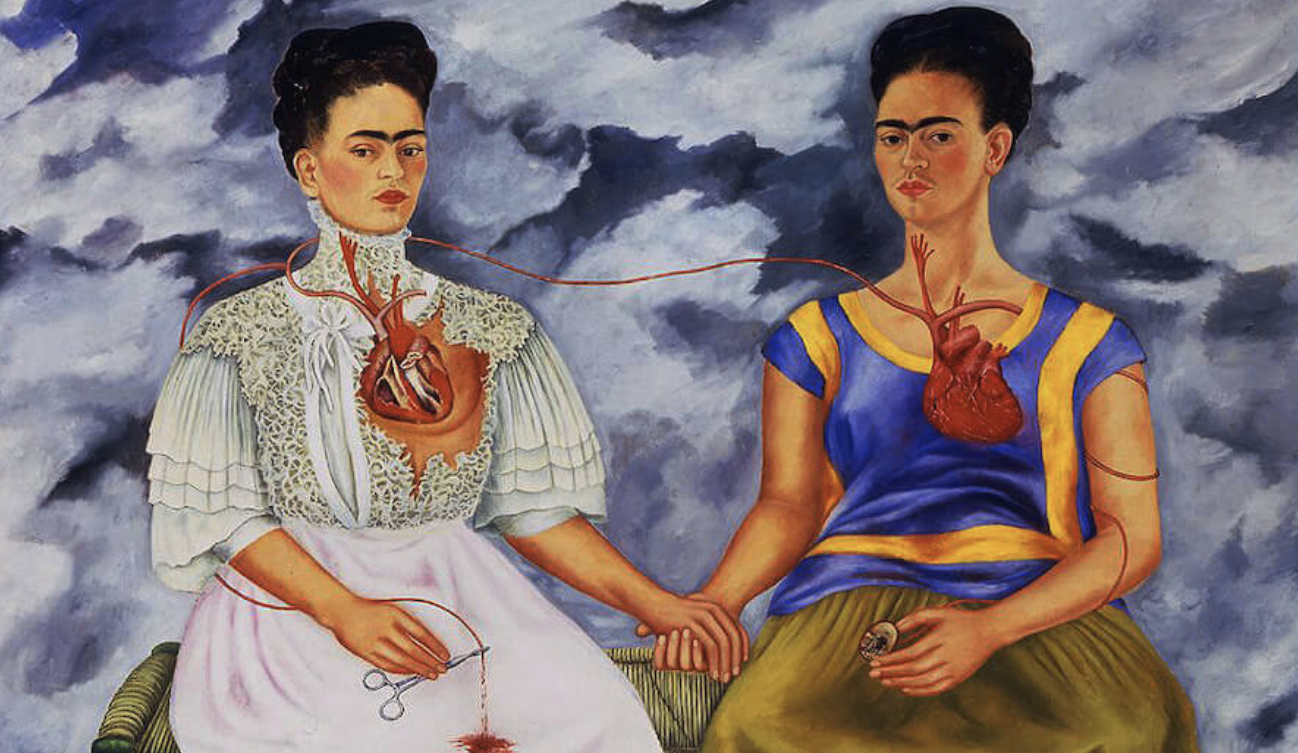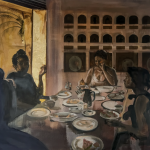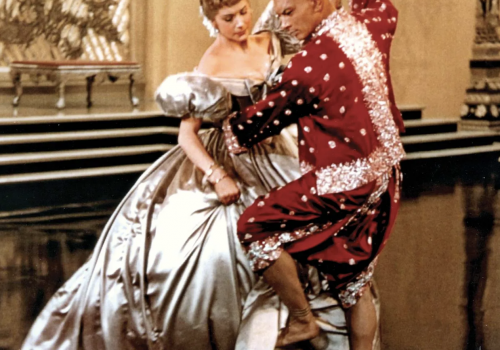There’s a difference between being nice, being kind, and being professional but in some environments, they all blur together into something rigid, performative, and exhausting. I learned that the hard way during my teacher training. It was the first time that I truly felt disliked, not just a personality clash, but institutionally disliked. Everyone smiled, everyone was “nice”, but there was this underlying stiffness. You know when people are nice in that way that leaves you feeling like you’ve done something wrong? Before my training, I thought I had a decent handle on social situations. At school, university and work, I’d never felt wildly out of place. But teacher training was a completely different game. Suddenly, I was in a world where people smiled with their mouths but not their eyes. Where being “nice” was practically a professional requirement but a version of nice that’s all surface-level, carefully rehearsed, and frankly utterly exhausting.
In Strong Female Character by Fern Brady, she talks about the experience of being autistic and not having access to the social scripts everyone else seems to know by instinct. I’m not autistic, but walking into a school as a trainee? I completely related. Everyone was operating from a playbook I hadn’t been handed.
Take the classic question on day one:
“Why do you want to be a teacher?”
Approved answers include, “To inspire young people,” or “To make a difference.”
Me, answering in a tongue in cheek manner: “The paid holiday, obviously!”
Room temperature, Arctic.
But it wasn’t just a joke gone flat. It was clear from the start that there were unspoken rules and breaking them, even unintentionally, made you “unprofessional.”
My mentor was the blueprint for this culture. The type who signs up for every committee, organises every birthday cake, first one in, last one out, constantly performing the role of the endlessly dedicated, endlessly exhausted teacher. She was “nice.” But only if you didn’t look too closely. When the teachers went on strike, most teaching assistants had a quiet day. Not hers… she left a colour-coded list of tasks longer than the curriculum itself. This was the same woman who chaired the wellbeing committee, by the way. Meanwhile, I made the radical choice to mention I had Italian lessons on Thursdays and needed to leave on time, cue raised eyebrows, subtle digs, and my professional reputation quietly circling the drain.
By the end of the placement, I was supposed to be teaching 80% of the timetable. Instead, every time I led a lesson, she’d reteach it the next day without warning, making it crystal clear who was in control. When I pushed back? Unprofessional. On another occasion, I was asked to join a Year 5 trip, despite being placed with Year 2. “Good for your professional development,” they said. What they meant was, “We need another adult and you’re free labour.” I declined. Apparently, also unprofessional. The whole experience taught me how quickly “professionalism” gets twisted. It isn’t about capability. It’s about compliance. About blending in, never pushing back, and understanding that “nice” often masks control.

There’s also a generational layer to all this. Boomers, Gen X, even many Millennials were raised in work cultures where suffering was seen as a badge of honour, where sacrificing your boundaries wasn’t just expected but framed as a moral virtue. So when younger people question that logic, set boundaries, or simply say, ‘I don’t want to,’ it feels, to some, like a personal attack, not just on the system, but on their own sacrifices.
What’s interesting is how many of these dynamics echo beyond schools, in corporate offices, creative industries, basically anywhere with a rigid hierarchy. The difference is that the performance never ends in teaching, with students, parents, colleagues watching your every move. It’s Foucault’s panopticon with a laminator and coffee breath. Looking back, it wasn’t that I was disliked for being bad at my job, I was disliked for not playing along. For seeing the cracks in the system and quietly refusing to plaster over them with forced smiles and unpaid hours. “Nice” people aren’t always kind and “professional” people aren’t always fair, but they know the script. And that’s half the battle.
These days I am no longer teaching (although I am considering re-entering the classroom) and I’m still figuring out how to exist in professional spaces without losing my sense of humour (or my sanity). I don’t always get it right, but I’ve learned that blending in for the sake of being “nice” isn’t worth the burnout. You can be kind without being performative. You can be professional without being a martyr. You can even, if you’re feeling particularly rebellious, leave on time.
If this resonates, I recommend:
- Art: “A Subtlety” by Kara Walker, a giant sugar-coated sphinx that exposes power dynamics under polite surfaces, much like the education system.
- Book: Strong Female Character by Fern Brady, a brilliant exploration of masking, social scripts, and existing outside the mould, from the perspective of an Autistic woman.
- Place: Your local coffee shop at 3:30pm on a Thursday because you’re allowed to leave work on time.
Featured image The Two Fridas by Frida Kahlo









Leave a Reply